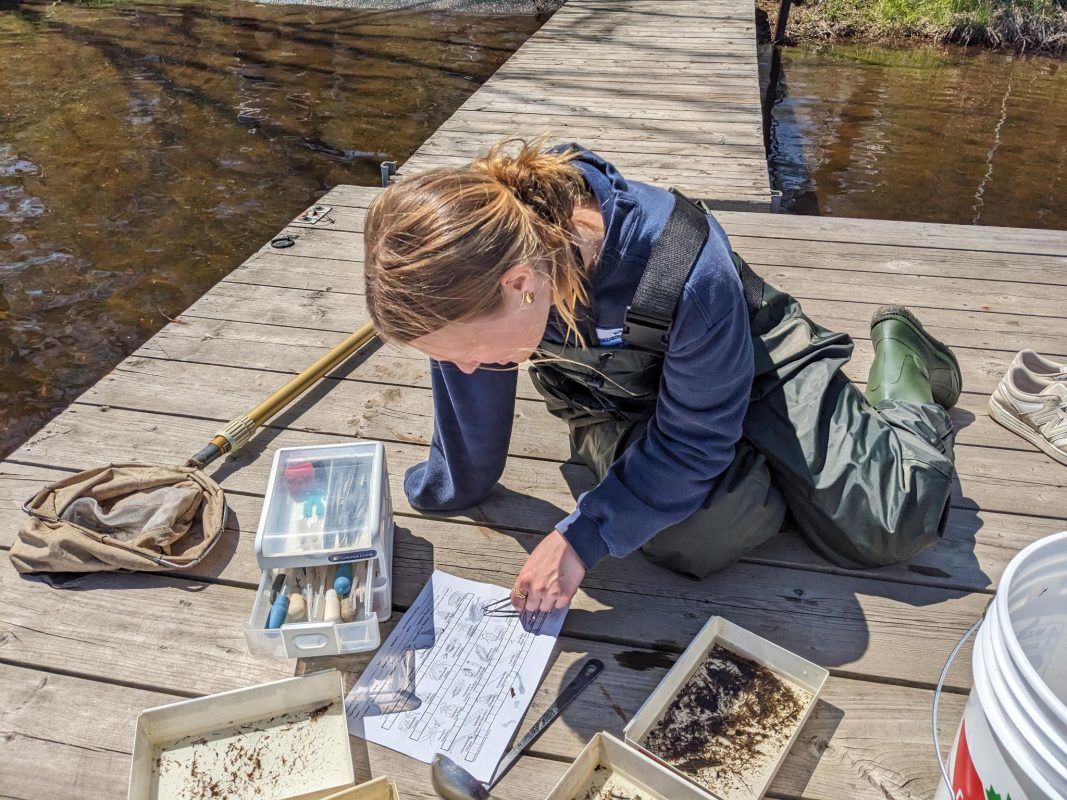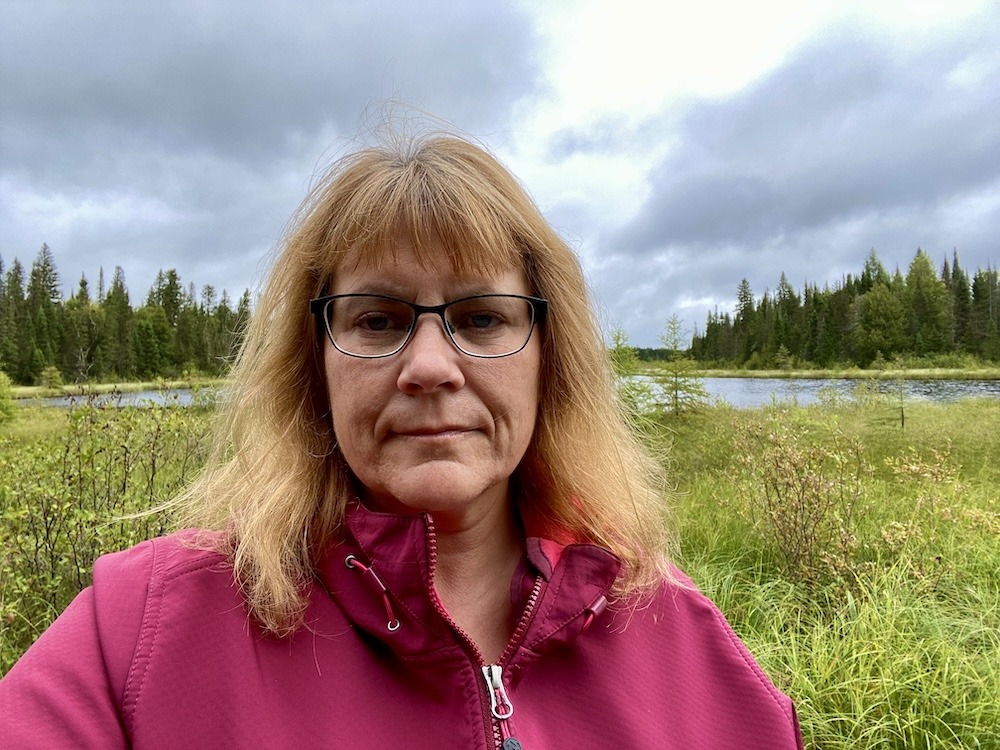We all play a part in protecting our Muskoka environment
By Rebecca Willison | Published August 23, 2025

I moved to Muskoka in 2001 to work at a new outdoor education facility and never left. While it didn’t work out for me at that facility, I was able to find my place doing what I love to do: protecting the environment.
No one told me when I moved here how different things were from southern Ontario. Farm fields were replaced with forests, farmers with cottagers, and a landscape consisting of the occasional river and stream with hundreds of lakes. It was a different world from what I was used to, and I loved it. It didn’t take me long to find my place with the Muskoka Watershed Council and the District of Muskoka, and over the past 23 years I’ve become more familiar than most people with the area’s lakes, forests, and wetlands, as well as the issues that impact them, both good and bad.
Muskoka is a strange place when it comes to the environment. On the one hand, we don’t have a Conservation Authority, so we don’t receive the benefits that they provide, like stewardship programming and funding, expertise in watershed planning and management, conservation areas, and regulations to protect important watershed features. We are in a black hole, a no-man’s land between Conservation Authorities to the north, south and east of us.
On the other hand, with facilities like the Dorset Environmental Science Centre (a Ministry of the Environment, Conservation and Parks facility) and Algonquin Wildlife Research Station in our area, a lot of research takes place here that doesn’t happen elsewhere. As well as directly building understanding of our environment, these facilities draw experts to the area, many of whom eventually retire here and volunteer their expertise to lake association and community groups. The District of Muskoka has also done a commendable job filling in the gaps that the absence of a Conservation Authority leaves, including monitoring recreational water quality, delivering stewardship programs, and developing policy to protect Muskoka’s natural environment.
There is a lot of data collected on our environment, but there are also large gaps. Are we doing enough with the data we do have? Are we working to fill in the gaps in this knowledge? Is there a better way to take everything we have learned about our Muskoka environment and put it into practice so that future generations can enjoy it as we do now?
The Muskoka Watershed Council, District of Muskoka, and numerous local municipalities and community groups believe there is a better way, and that is why they are championing the creation of an Integrated Watershed Management (IWM) approach for the Muskoka River Watershed. How can we put knowledge into practice to better manage our watershed while taking into consideration our social and economic realities?
While the intricacies of IWM can be confusing, the goal of it is to get all watershed municipalities managing our shared resources in a way that is consistent and takes into consideration upstream and downstream impacts. It’s managing our watershed together instead of separately so we can better protect it, while still accounting for the unique aspects of each area of the watershed. The Township of Algonquin Highlands faces different issues than the Township of Muskoka Lakes does, so while they may share a common goal of protecting watershed health, how they accomplish that may differ, but by sharing knowledge and resources across the watershed, everyone can make better, more informed decisions.
While the bulk of the work to develop an integrated watershed management plan is undertaken by government entities, community input is vital to ensure that the plan includes the values that we, as watershed residents, hold dear. Whether you get involved through a community group or as an individual, speak up and make your voice heard. I know I will. It’s one more way that I can keep doing what I love to do: protecting the environment.

This is article No 11 in the current series from the MWC, Living Smarter in Muskoka. Its author is Rebecca Willison who is now stepping away from her long-time role in the operations of MWC to take on new responsibilities within The District Municipality of Muskoka. A long-time resident and ardent environmentalist, Rebecca will continue to promote watershed health in her work and in her life.
First published on muskokaregion.com
